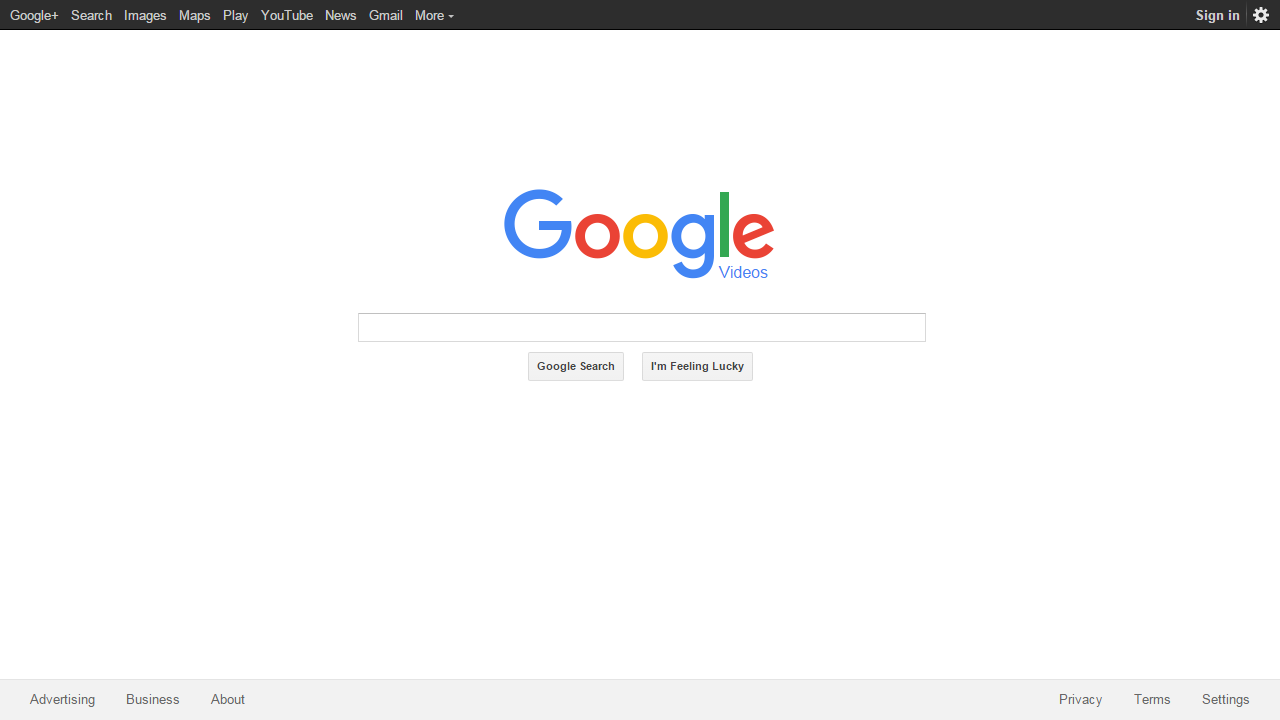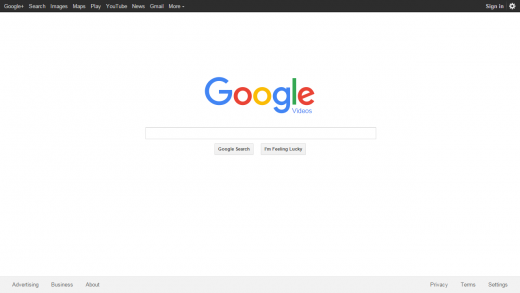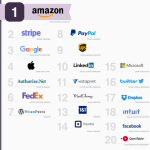Looking Back On Search 2016
by Aaron Baar, Staff Writer, December 27, 2016

Search Insider polled several search-marketing executives on what they felt was the most important search development in 2016. Here are their (slightly) edited responses:
Content As Part Of The Experience
Search snippets. They’ve become more and more of a fixture in Google search results. Grabbing the Answer Box or another SERP feature is becoming a must-have, rather than a, “Hey, look at that. That’s cool,” kind of thing. That’s had far-reaching effects. Grabbing SERP features and snippets means carefully structuring contentfor an ideal user experience. Meaning site owners have to finally treat content as part of that [overall] experience. —Ian Lurie, CEO, Portent
Small Changes That Add Up And Mobile
While the biggest event was the removal of the right-hand rails from the SERPs, the impact was less dramatic. The largest development to impact search in 2016 is made up of smaller changes that, as an aggregate, had an impact. For example, expanded text ads, increased shopping ad formats and paid dominance for all transaction-related keywords. I would elaborate, though, to say that the most important trend is still mobile. While this has been a trend for multiple years, 2016 was the turning point for many brands, as it noticeably started to match or exceed desktop volume. In addition, a series of developments like the AMP initiative, dividing the mobile index, and even the local packs lends to this mobile-first direction that the engines are establishing. —Selina Eizik, CEO, Acronym
Elimination Of Right-Side Ads
The removal of sponsored search ads from the right-hand side of the result screen was clearly one of the biggest. Search marketers had to adapt to this change by refining ad targeting and content to better target consumers and increase the chances of having their ads displayed. Another significant search development in 2016 was the continued increase of mobile search traffic. Brands and marketers that spent time finding the right landing pages and offers to show consumers on specific devices contributed to an overall increase in conversations. Interestingly, a byproduct of (and potential impetus for) the elimination of the right hand side ads is a more unified search experience between mobile and desktop/tablet. —George Yuhba, CJ Affiliate by Conversant, Network Performance Director
Extended Text Ads
One of the most impactful changes of 2016 to impact search were extended text ads. This one change had a dramatic impact on strategy, opening up new text creative opportunities that have contributed to increased engagement, CTR and conversion rates across all business verticals. Unfortunately, gains realized in paid search have had a negative impact on organic search — which has seen a sharp decline in traffic due to the loss of screen real estate. —Chris Humber, Catalyst, Senior Partner, Head of Practice, Search
Google (Finally) Updates Penguin
For me, the biggest search development of 2016 was Penguin 4.0. We waited for so long for Google to finally update Penguin. The old Penguin used to demote sites that were deemed to be building their own links for ranking purposes. The new Penguin now just devalues unnatural links and doesn’t demote sites. We saw many sites that had been suppressed by Penguin for years see release from the algorithm and start to be able to rank well again. I find it amazing that Google is confident enough in their ability to detect spam that they are no longer counting on Penguin to demote sites. —Marie Haynes, Search Engine Marketing Consultant
Next week, with the beginning of the new calendar year, we’ll see what these executives expect for 2017.
MediaPost.com: Search Marketing Daily
(3)












